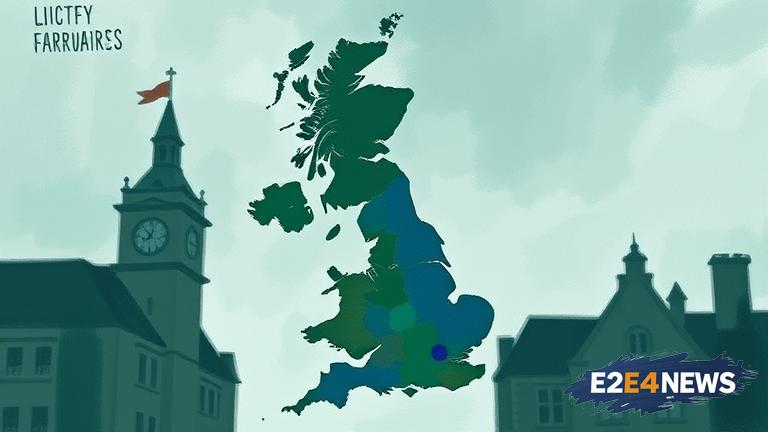A shocking report has exposed a significant lack of transparency in the UK’s tax system, with HMRC admitting that it does not know how many billionaires pay tax in the country. This revelation has sparked widespread concern over tax evasion and inequality, with many calling for greater accountability and transparency. The report highlights the need for more robust tax laws and stricter enforcement to ensure that all individuals, regardless of their wealth, contribute their fair share to the UK’s tax revenue. The UK is home to a significant number of billionaires, with many having made their fortunes through business, investments, and other ventures. However, the lack of transparency in the tax system makes it difficult to determine how many of these individuals are paying their fair share of taxes. The report suggests that HMRC’s inability to track billionaire tax payments is due to a combination of factors, including inadequate data collection and a lack of resources. This has led to concerns that some billionaires may be exploiting loopholes and avoiding taxes, further exacerbating income inequality in the UK. The issue has sparked a heated debate over tax reform, with many advocating for a more progressive tax system that would require the wealthy to contribute more to the public purse. Others have called for greater transparency and accountability, including the publication of tax returns and more stringent penalties for tax evasion. The report’s findings have also raised questions over the effectiveness of HMRC’s tax collection efforts, with some critics arguing that the agency is not doing enough to pursue tax evaders and ensure compliance. In response to the report, HMRC has stated that it is working to improve its data collection and analysis capabilities, including the use of advanced technology and machine learning algorithms to identify and track tax evasion. However, critics argue that more needs to be done to address the root causes of the problem, including the lack of transparency and accountability in the tax system. The UK government has faced criticism for its handling of tax policy, with some arguing that it has failed to take adequate action to address tax evasion and inequality. The report’s findings have also sparked concerns over the impact of tax evasion on public services, with many arguing that the loss of revenue is having a direct impact on the quality and availability of essential services such as healthcare and education. As the debate over tax reform continues, it remains to be seen whether the UK government will take decisive action to address the issue of billionaire tax payments and ensure that all individuals contribute their fair share to the tax system. The report’s findings have significant implications for tax policy and enforcement, and it is likely that the issue will remain a major point of contention in the coming months and years. Ultimately, the lack of transparency in the UK’s tax system is a complex issue that will require a comprehensive and multifaceted solution, including changes to tax laws, improvements to data collection and analysis, and greater accountability and transparency.
